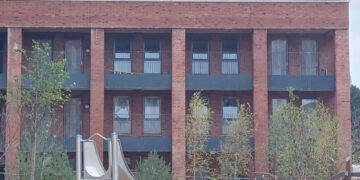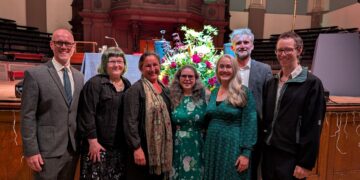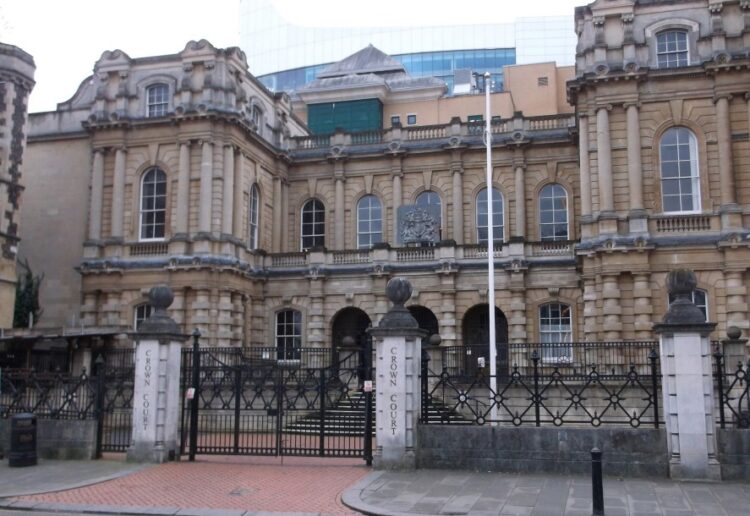The main court for the whole of Berkshire is due to undergo a major project to make better use of its space.
Reading Crown Court was built in 1861 as a venue to dispense justice in the county.
Originally serving as a venue for assize courts, which were held periodically, it became a permanent Crown Court in 1971 with a modern extension to create more space built in the 1990s.
The court is soon set to undergo changes to create numerous new rooms to facilitate justice, including a courtroom where criminals will be convicted.
The adjustments to the building will be made by the Ministry of Justice (MoJ), which manages the court.
The project involves mainly internal modifications to create a new crown court hearing room, a virtual hearing room, a jury deliberation and assembly room, two new consultation rooms, two new video link rooms and a video call room.
The MOJ will also create a series of ancillary rooms, toilets, a baby change facility and a changing room for advocates.
The majority of the redevelopment will take place in the newer court building, completed in the 1990s.
External modifications involve changes to the ventilation, which will be shrouded with metal louvres, and a replacement restricted entrance door.
The project has been given the go-ahead by Reading Borough Council.
Assessing the development, planning officer Marcelina Rejwerska wrote: “The internal layout changes to the overall layout of the Crown Court are mostly contained within the extended rear section of the building, which is not considered to be of any particular historical or architectural significance.
“The works are therefore considered acceptable.”
Recently, the MoJ made changes to the internal layout of the approved plan, which involve the relocation of a reception desk and modifications to the partition walls within the security area, and the addition of obscuring film to windows.
These adjustments are due to be considered by the council’s planning department.
The court was used as the venue for convictions for the deaths of Mary Anne-Leneghan, a schoolgirl who was tortured and murdered in 2005 and Joanne Rand, the first person to die as a result of an acid attack in High Wycombe in 2018.
Adrian Thomas, Michael Johnson, Joshua Morally, Jamaile Morally, Indrit Krasniqi and Llewellyn Adams were convicted for their involvement in the death of Mary Anne-Leneghan in 2005.
The case featured in an episode of Ross Kemp on Gangs in 2006.
Xeneral Webster was sentenced for the manslaughter of Joanne Rand after she was hit with acid in High Wycombe in July 2018.
You can view the application to adjust the ground floor of the court using reference PL/25/1209, and the approved project by typing reference PL/24/1462 into the council’s planning portal.
























